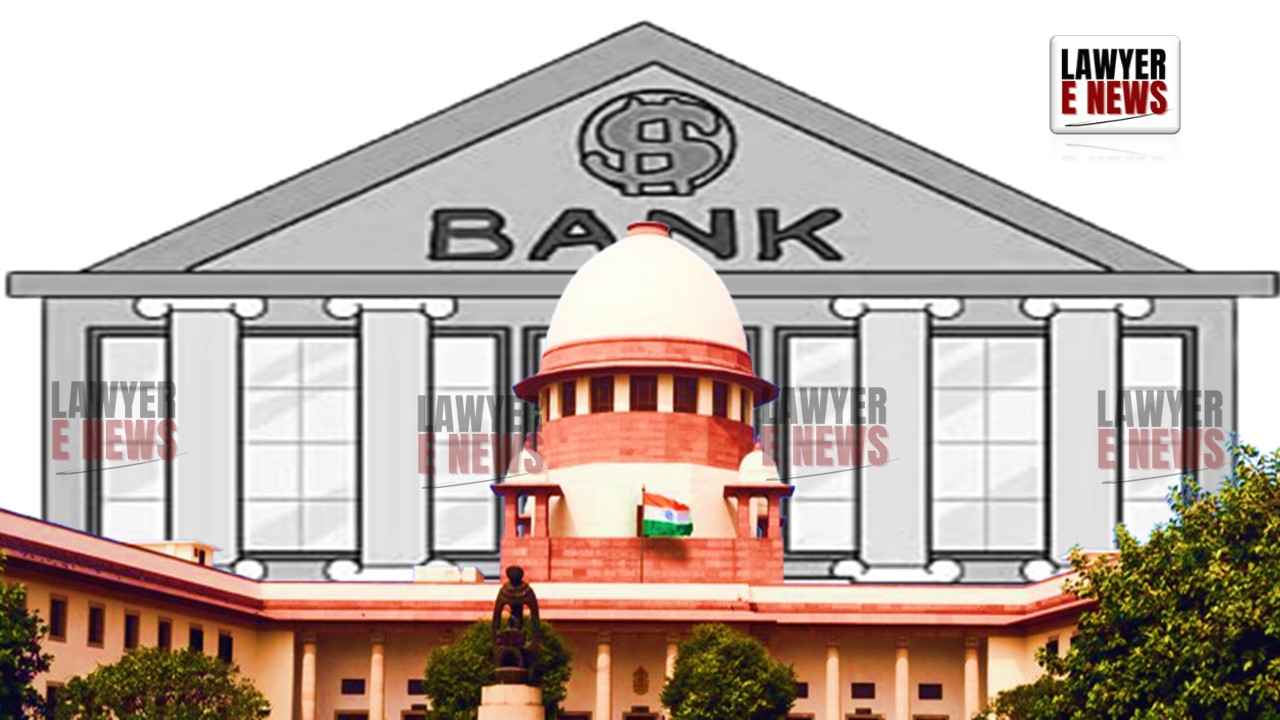-
by sayum
14 February 2026 2:22 PM



Subheadline: High Court’s order quashing entire complaint modified; case to proceed against Managing Director and Company
In a significant ruling, the Supreme Court has modified the High Court’s order quashing the entire complaint filed by the National Housing Bank (NHB) against Bherudan Dugar Housing Finance Ltd. And its directors. The Supreme Court held that the trial against the company and its Managing Director will proceed, while dismissing the charges against other directors due to insufficient averments in the complaint regarding their responsibility for the alleged offences.
The appellant, National Housing Bank, lodged a complaint under Section 200 of the Code of Criminal Procedure, 1973, alleging that Bherudan Dugar Housing Finance Ltd. And its directors had violated provisions of Section 29A of the National Housing Bank Act, 1987. The trial court took cognizance of the complaint, but the High Court subsequently quashed the entire complaint, citing non-compliance with the requirements of Section 50 of the 1987 Act, which is analogous to Section 141 of the Negotiable Instruments Act, 1881.
The Supreme Court scrutinized the averments in the complaint, especially paragraph 9, which described the roles of the accused. The Court noted that the complaint sufficiently identified the Managing Director (Accused No. 2) as responsible for the company’s business conduct but failed to specifically aver that the other directors (Accused Nos. 3 to 7) were in charge of and responsible for the conduct of the company’s business at the time of the offence.
Section 50 of the National Housing Bank Act stipulates that for an offence committed by a company, every person in charge of and responsible for the conduct of the company’s business at the time of the offence shall be deemed guilty. The Supreme Court highlighted that the complaint lacked necessary assertions to establish the vicarious liability of directors other than the Managing Director.
The Supreme Court referred to its precedent in S.M.S. Pharmaceuticals Ltd. V. Neeta Bhalla and Anr. (2005) 8 SCC 89, which emphasized the necessity of specific averments in complaints under similar provisions in the Negotiable Instruments Act. The Court reiterated that simply being a director does not suffice to attract liability; it must be averred that the director was in charge of and responsible for the company’s business at the relevant time.
Justice Abhay S. Oka stated, “It is necessary to specifically aver in a complaint under Section 141 of the Negotiable Instruments Act that at the time the offence was committed, the person accused was in charge of and responsible for the conduct of business of the company. This averment is an essential requirement… Without this, the requirements cannot be said to be satisfied.”
The Supreme Court’s decision to allow the complaint to proceed against the company and its Managing Director while quashing it for the other directors underscores the necessity of precise allegations in legal complaints involving corporate offences. This ruling delineates the boundaries of vicarious liability under corporate law and reinforces the importance of detailed pleadings in establishing the culpability of corporate officials.
Date of Decision: August 1, 2024
